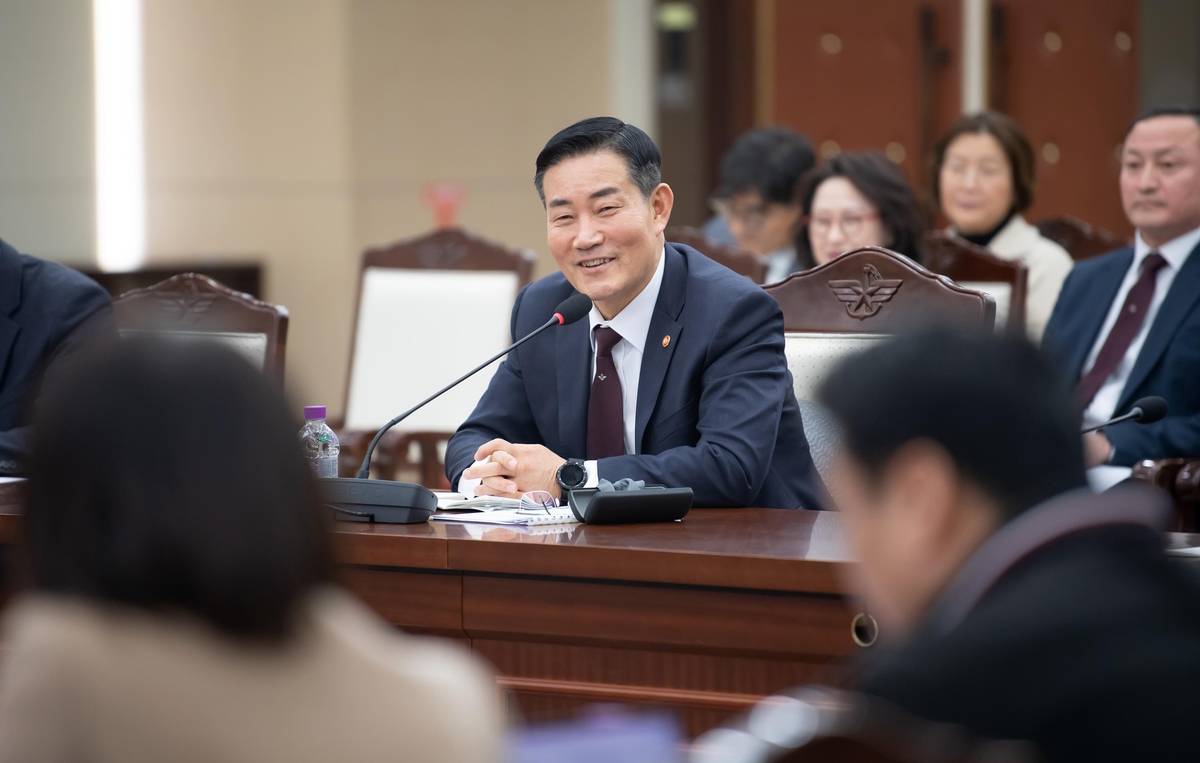North Korea munitions factories supplying Russia at full capacity
North Korean munitions factories are operating at full capacity to supply weapons to Russia in exchange for much-needed food and other necessities, South Korea's defence chief has said.
Defense Minister Shin Won-sik made the assessment as concerns have heightened about North Korea's alleged arms supply to Russia for its war in Ukraine while the war-torn nation is facing shortages of munitions due to delayed Western military aid, Yonhap News reports.
"While North Korea's arms factories operate at 30 per cent capacity due to shortages of raw materials and power, certain factories are operating at full capacity, which primarily produce weapons and shells for Russia," Shin said in a meeting with reporters on February 26.

North Korea is estimated to have shipped around 6,700 containers to Russia since the summit between North Korean leader Kim Jong-un and Russian leader Vladimir Putin in September, he said. The amount is enough to accommodate approximately 3 million rounds of 152 mm artillery shells or 500,000 of 122 mm artillery shells.
In return for supplying weapons to Russia, Shin said North Korea appears to be receiving food and other necessities, as well as raw materials and parts used in weapons manufacturing.
The volume of containers from Russia to North Korea is presumed to be approximately 30 per cent larger than those shipped from North Korea to Russia over the period, he noted.
"It seems that food accounts for the largest proportion (of shipments from Russia), which is believed to have stabilized food prices in North Korea, with other necessities also included," Shin said.
The minister said Moscow is also likely to have provided satellite-related technology to Pyongyang as the country put its first spy satellite into orbit in November and vowed to launch three more this year.
Although the spy satellite has been orbiting the Earth, Shin expressed scepticism about the North's claim that the satellite is capable of photographing major South Korean and U.S. military sites.
"It shows no signs of functioning and is merely orbiting without activity," he said.
If Russia's dependence on North Korean munitions and weapons grows, Shin anticipated the extent of Russia's military technology assistance is likely to broaden in the future.
"It remains uncertain to what degree Russia will offer technology related to aircraft and ground equipment sought by North Korea. However, if Russia continues to receive more munitions from North Korea, the scope of technology transfer could increase," he said.








